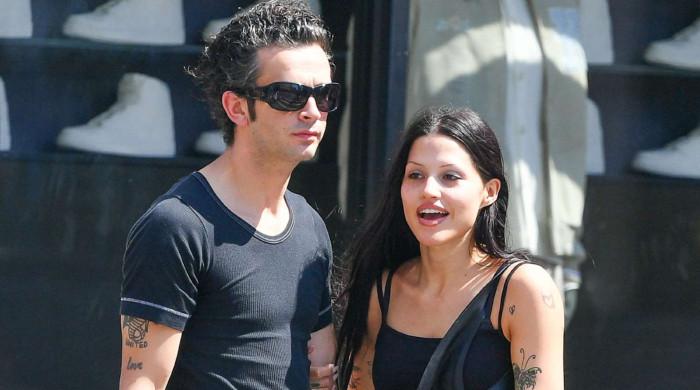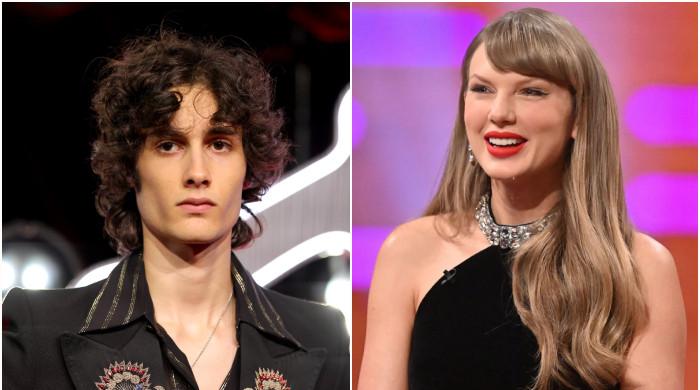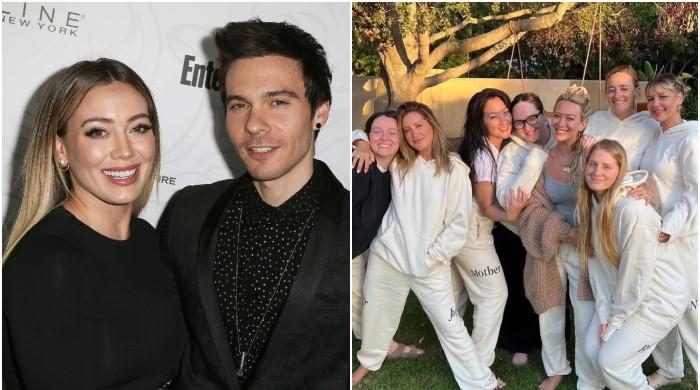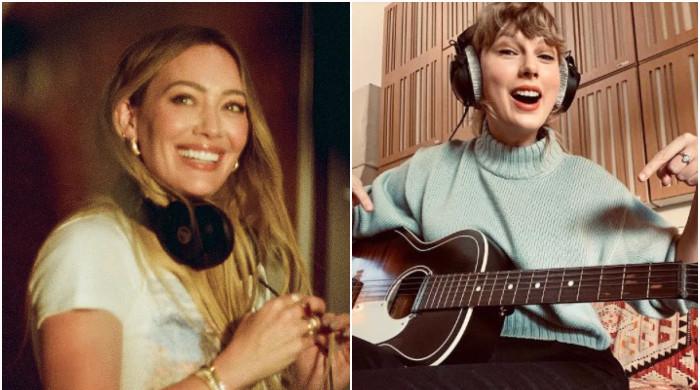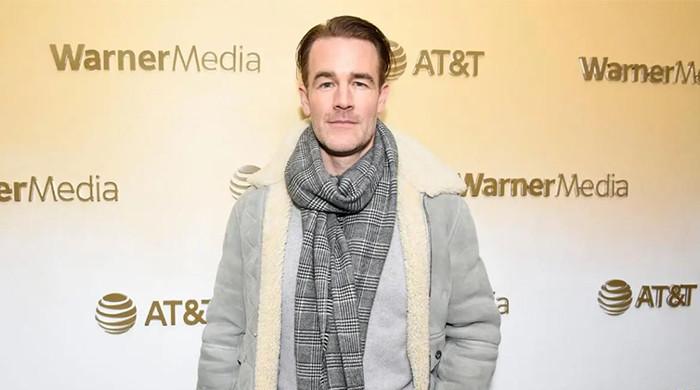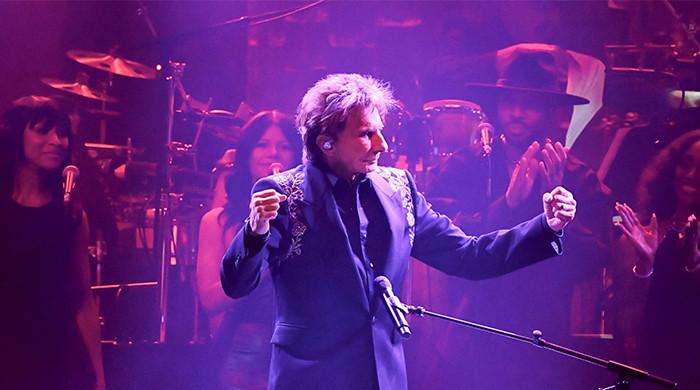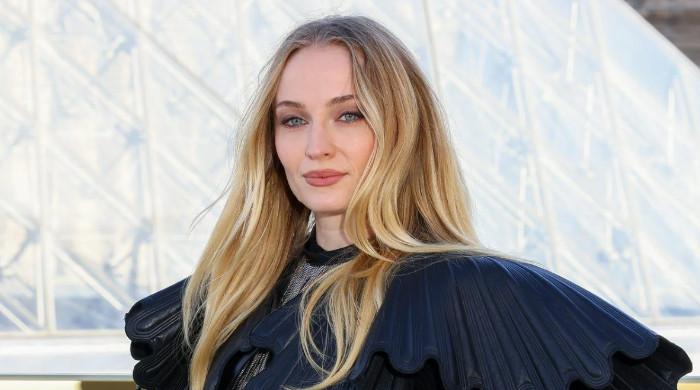Taking reins, Karachi women prove comedy shows are not men's domain alone
From carrying sanitary napkins like bootleggers to rishta aunties, punchlines galore at the Auratnaak Show at T2F
June 05, 2016
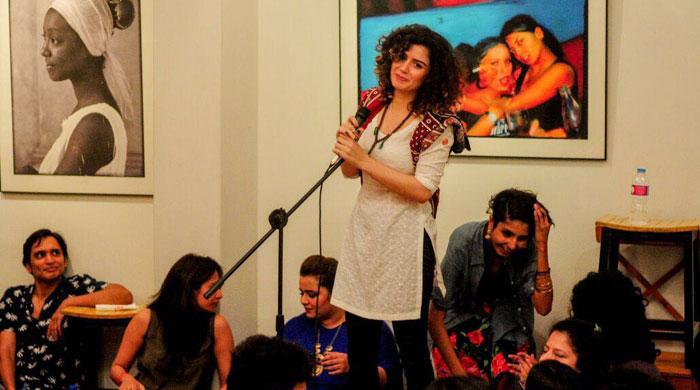
KARACHI: Although the stand-up comedy scene has picked up a lot since the earlier times; when the only stand-up comedy available to Pakistanis were crude stage shows or ‘decent’ ones where mocking Bengalis or PIA airhostess was the best comedians could do, but sans one, the reins of the comedy scene were in the hands of men only, and the Auratnaak Show at the T2F on Friday night attempted to change just that.
Although the show was publicised on social media only, it would not be wrong to say that it had been a while since the T2F saw hordes of people eagerly wait for an event, so much so that almost a 100 of them were asked to go back because it was houseful even before the show had commenced.
Of the 10 women from different backgrounds, eight were amateurs who were performing for the first time and needless to say the fits of laughter following their punchlines vouched that cracking jokes was no more a male dominion.
Hosted by Fatema Shah, who was also one of the performers, the show kicked off with Sadia Khatri, popular for her “Girls At Dhabas” initiative.
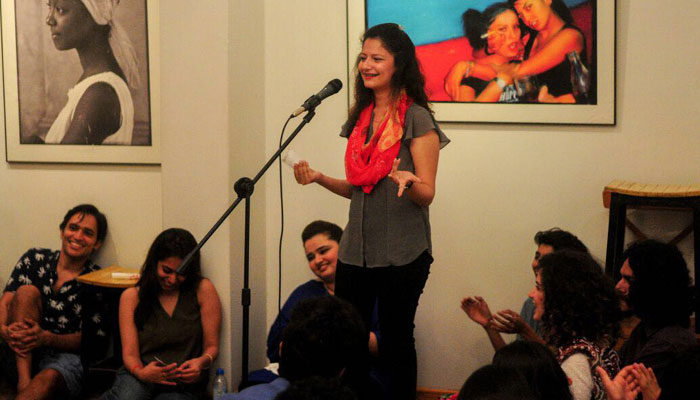
Taking a jibe at puberty and objectification, the crowd roared with laughter when Sadia drew parallels of buying sanitary napkins with alcoholic beverages because both are carefully covered in brown paper bags but while one understands the reasoning behind the latter, the former just hints at how a biological process invited inhibitions.
“Earlier men objectified women in Bollywood but now women objectify themselves,” she quipped at the idea of how freedom to be objectified did not mean empowerment.
Another performer Annie Shamim started off by dissing the matchmakers who are obsessed with the idea of getting girls married off. “Nowadays, these rishta aunties prefer their daughters-in-law to be doctors who would bid goodbye to their profession. I fail to understand why would they need a resident doctor at home, because would she live in a house or an ICU?” she quipped.
Speaking about how it is blasphemy for women to remain single she joked that at times marriage seemed like a dosage, four for men and one for woman: “In our society women come with a ‘best before’ label, a woman is best before 25 and expires by 30.”
Eman Chamdia, a lawyer by profession, mocked the idea of how women were associated with weakness and being overly sentimental. “Of course women are emotional because after all men do not kill their wives, daughters or sisters in a fit of anger?” she jested.
However it was Fatema Shah who dared to talk about the pressing issue of child sexual abuse and used satire to highlight its gravity. It was heartening to see her ask if the audience was comfortable with the idea of cracking a joke alongside the topic.
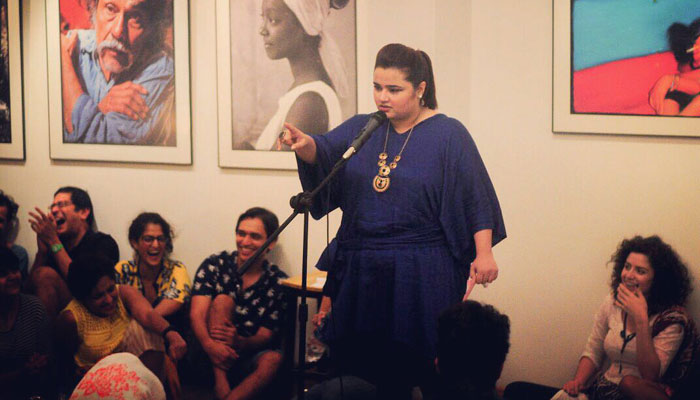
Speaking about abortion clinics, she satirically compared them with militant outfits as to how despite operating under our noses, they were frequently disowned and had a lot of investment going into them.
Up next was Faiza Saleem, a popular comedian, cracking jokes about how our society had no shame in fat-shaming.
Despite the fact that fat people usually become the butt of all jokes, Saleem received a standing ovation for speaking about it because she shared her own struggles with fat-shaming and noted that it was wrong to make fun of people just because they appeared different than others.
Turning the course toward the popular “across the bridge” argument, Jaweria Khan, another performer, took a jibe at all those living in the posh areas of the city all the while wailing for basic necessities like water.
“I live in Gulistan-e-Jauhar and we needn’t be worried about using the loo at any hour because thankfully we get water at all hours,” she quipped.
Another popular performer, Ayesha Tariq, drew attention towards the vow of silence taken when a girl reached puberty as the audience laughed heartily at the hypocrisy of our society.
Other performers including Rooj Hussain, Sana Khan Niazi and Reham Muneer also shared witticisms about various topics including street harassment, Facebook warriors and even competition in yoga for attaining inner peace.
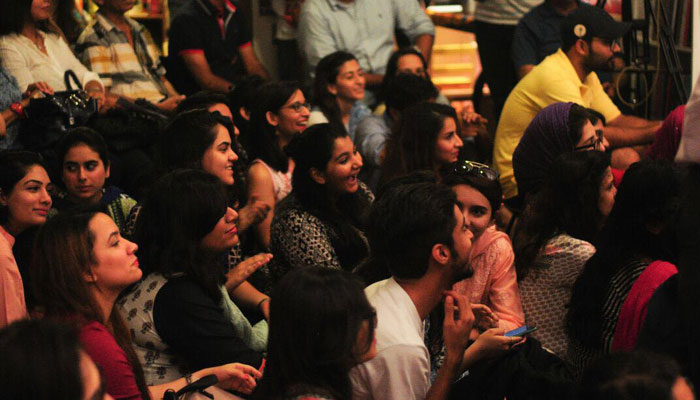
All in all, it was refreshing to see comedians step out of their comfort zones to make others uncomfortable by making them swallow the bitter pills of reality as they laughed at their own hypocritical lives.
But perhaps the show was a winner because unlike other comedy shows where women are a niche for men for cracking sexist jokes, not one comedian made men and their lives worthy of being laughed at by either gender.—Originally published in The News




